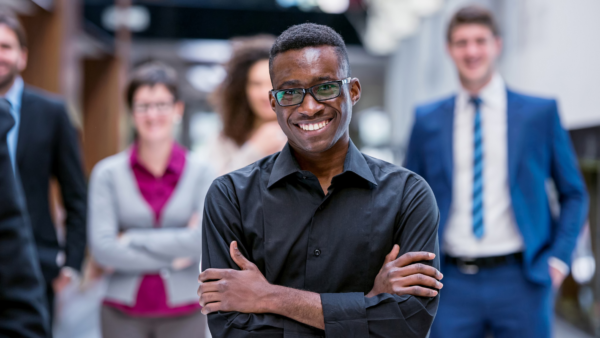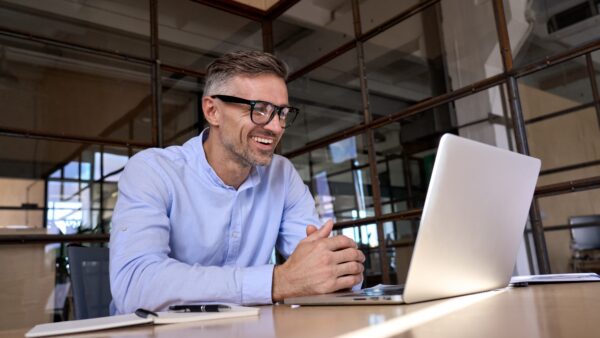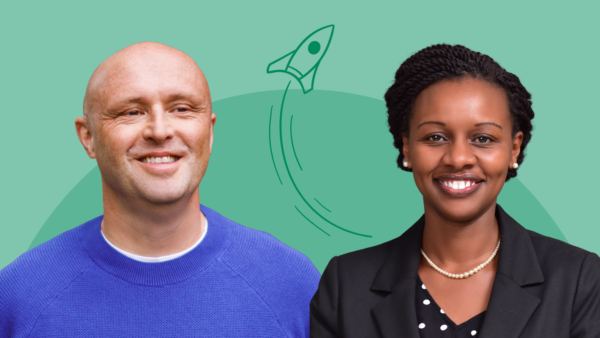1. Think positive
A lot of our confidence comes from what we focus on. Our brains mold themselves towards those things that we pay attention to, so guess what…if we focus on negative things, our brain responds by making those negative thoughts more accessible to us and over time, we get really efficient at thinking negatively. And that can lead to reduced self-confidence because we spend more time feeling anxious, even stressed, by those negative thoughts. Instead, if we replace negative thoughts with positive affirmations, we get more efficient at thinking positively and optimistically and that can have a significantly positive effect on our confidence. So some tips on how to rewire the brain to make it more efficient at thinking positively:
- Focus on positives: positive events, memories, people, situations, and really take the time to savour these thoughts and explore them in at least as much detail as you might typically focus on negative feelings or thoughts
- Look for learning: whenever something negative happens, don’t generalise it so that you become concerned that negative events are always going to be happening to you…instead, look for any learning that you can glean from the negative event and consider how you can use that knowledge in similar situations in the future
- Gratitude is helpful: so be thankful for those positive things in your life. Which, quite frankly, could be anything (i.e. breathing, friends, trees, gin, sunsets, love, sand, water). Just spend time every day thinking about what you’re grateful for and that will build a more positive mindset.
2. Focus on you not others
This is twofold, so let’s start with the focusing on you, not others. Research shows that social comparison isn’t always helpful.

Because when we’re not feeling confident, other people can all appear cleverer, thinner, nicer, funnier, happier, etc. And according to social media, they all have better holidays, more fun weekends and are generally more smiley. Really? So, sometimes just switching off, or turning down that tendency to compare can really help if we’re wanting to build confidence. The second element is to focus on the positives in you; what makes you stand out, what makes you unique, what makes you positively different. Understanding what makes you uniquely different can REALLY help you feel more positive and confident, particularly in unfamiliar situations where you don’t have so much experience, where you’re out of your comfort zone.
I would strongly consider strengths for this (what energises you, what you love, what defines you at your best) and how those strengths can create value for you and for the world around you. If you know your strengths, you know the options you have that you bring to that situation, to make it more controllable and to make it more likely that you can navigate through it.
3. Act it out
Have you heard of ‘fake it till you make it’? Well even if you haven’t, you get it, right? Just act in the way that you want to feel until you feel the feeling. Choosing to be positive in your interactions creates a reciprocal effect in others that then sends back the message to you that the other person is enjoying or appreciating the interaction and that helps build your confidence. Body language (e.g. power poses) is a part of this too and really helps in terms of building confidence. This can also create physiological, hormonal changes in the body, including lowered cortisol (the stress hormone) and increased testosterone (the dominance hormone). And under lab and real-world conditions, can actually lead to people making more positive judgements about you and to making decisions that affect you positively (e.g. being more successful in job interviews).
Did you know this blog is also available as a podcast along with some other incredible content? Check it out on iTunes, Spotify, Acast.












